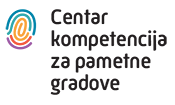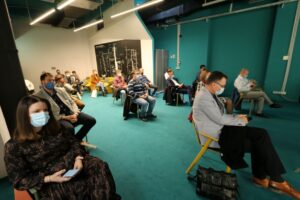According to the Ministry of Tourism and Sports, 1.9 million tourists stayed in Croatia in September, with 12 million overnight stays, which is 245 and 147 percent more than in September 2020, but also 81 percent of the tourist arrivals and 94 percent in overnight stays from September 2019. In the first nine months of 2021, Croatian tourism recorded 12.6 million tourists and 80 million overnight stays marking increases of 70 and 53 percent, compared to the same period in 2020, while in comparison to 2019, 67 percent of tourist arrivals and 78 percent in overnight stays were recorded. However, the figures confuted the pessimistic forecasts, but due to the pandemic and post-pandemic conditions, the decision-makers will have to think about more sustainable and smarter tourism. In the upcoming years, the rapid availability of all relevant information that tourists need for safe travel and stay within the destination will be of great importance. As a tourism that uses modern IT tools to improve the tourists’ experiences during travel planning and their stay at destinations, smart tourism successfully reduces social contacts while providing current and relevant information. Artificial intelligence thus becomes the basis for smarter decision-making and improved planning.
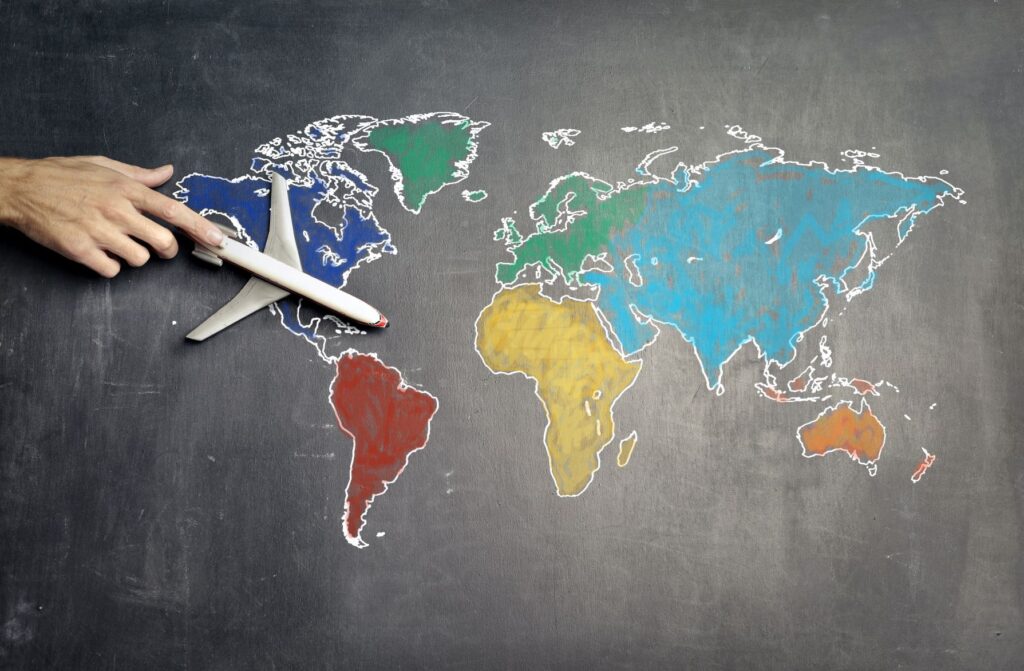
Smart management of a tourist destination
Through a project activity within the Living subproject, which explores the concept of space management in the context of destination management and movement of citizens and tourists, iOLAP, in cooperation with the Faculty of Tourism and Hospitality Management, is developing a number of technological solutions that will contribute to better tourism development. Various applications and services are based on the central tourist destination content repository, their automatic use on multiple communication channels for the destination visitors, and for the promotion and sale of tourist products and services of the destination. The future system’s central part for smart management of tourist destinations is a database containing data on tourist products and the destination services, such as attractions, experiences, accommodation, recreation, sports, services and the like, and service information that is important for the destination. The database system is designed to support fast and efficient data retrieval for a large number of different users, while owners/sellers/providers of touristic products and services will be able to register and maintain their products and services within the central data repository.
As a system intended for organizations that manage tourist destinations and strive to digitally transform the business, the so-called Smart DMS will enable fast creation and posting of the main tourist destination website, as well as thematic and temporary pages for the destination promotion and information dispersion. Furthermore, an important part of the system will include the e-commerce application intended for the sale of tourist products and services at the destination. The application will retrieve products and services from the central repository, such as tickets for various excursions, events or transport services, and it will be intended primarily for tourists at the destination. Smart DMS will also include Groupware, a platform for collaboration and communication between different stakeholders within destination management organizations, and various stakeholders outside these organizations, such as city and county administration services. An extremely important element of this system is enabling the two-way communication with citizens and tourists within the area through multiple communication channels for the purposes of sales promotion of an offer and the destination capacity, directing citizens and tourists at the destination towards the offer of experience, also entailing citizens’ and tourists’ feedback.
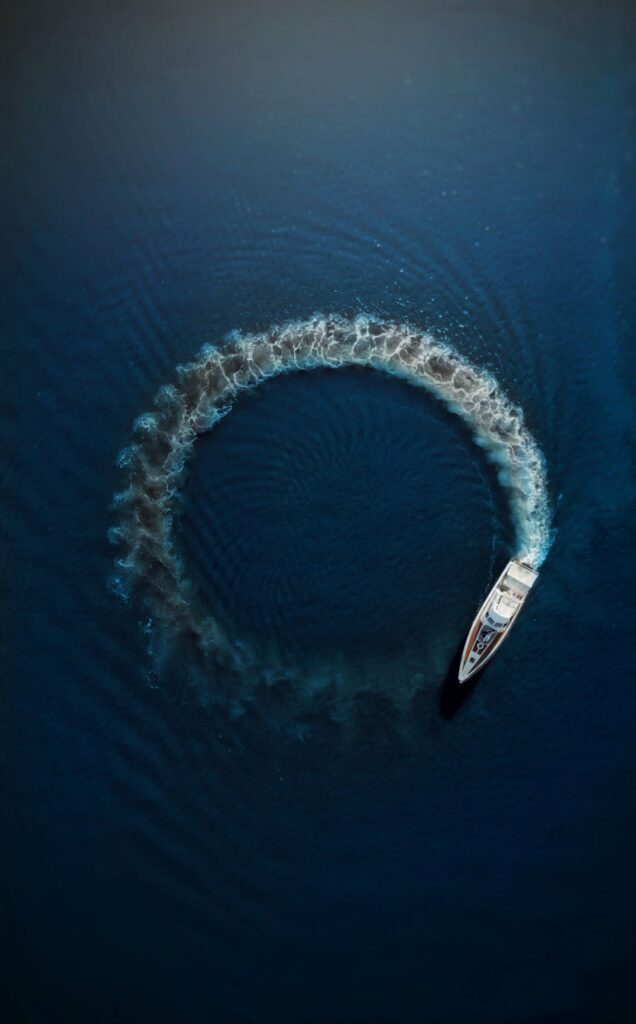
Data Driven Destination Management and the Link with Modesty
This activity builds on the Modesty subproject, in addition to Living, by enabling various reports based on the collected data to enable smart destination management (Data Driven Destination Management). Data are collected from various external data sources and from third parties, stored in the central repository and processed, while new data are created with their combination and analysis that is presented as a report to the user. The idea is to develop more detailed analytics based on the existing and new data sources, and with the purpose of monitoring and optimizing the movement of domestic and foreign citizens and the city visitors and visualization of the same to create real-time conclusions. For example, reports will be created regarding tourists’ behaviors at the destination, their online behavior, the effectiveness of marketing campaigns and activities, and based on the collected data predictions will be made concerning tourists’ behaviors in the near future. Research on metrics for measuring the success of tourist destinations has resulted in the design of various reports regarding the data and metrics presentation that is needed to manage tourist destinations based on the data.
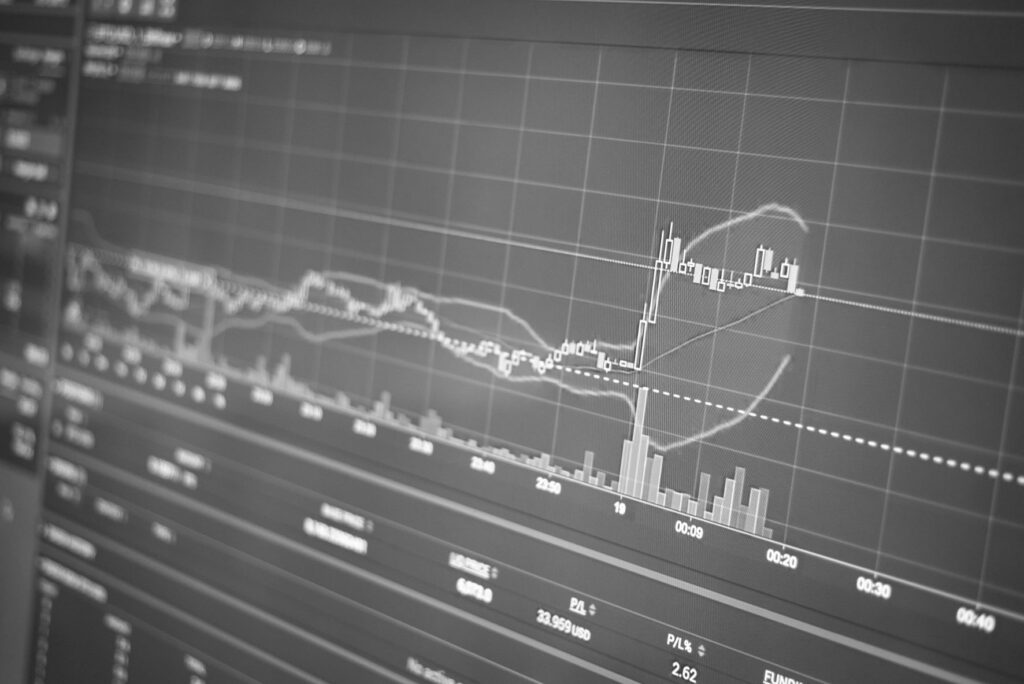
For the purpose of more precise movement monitoring at the precisely determined locations, additional passage sensors, cameras, sensors for air quality and microclimate, and the mobile network data will be used. Namely, research on telecommunication data led to knowledge on the data model of subscriber locations on the mobile telecommunication network, location accuracy, possible time of measurement and subscribers’ locations, i.e. frequency of data refreshing and approximate data processing times to anonymize data and make it ready for the usage by the end users. Using the location mobile data, it will be possible to create an interactive map (Heat-Map) with current and historical locations of visitors, data on the most visited locations and the average duration of the site visit, as well as the average retention time of visitors at the selected location. Due to the use of all mentioned data, more efficient strategic planning related to tourist destinations will be enabled.
